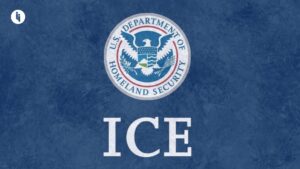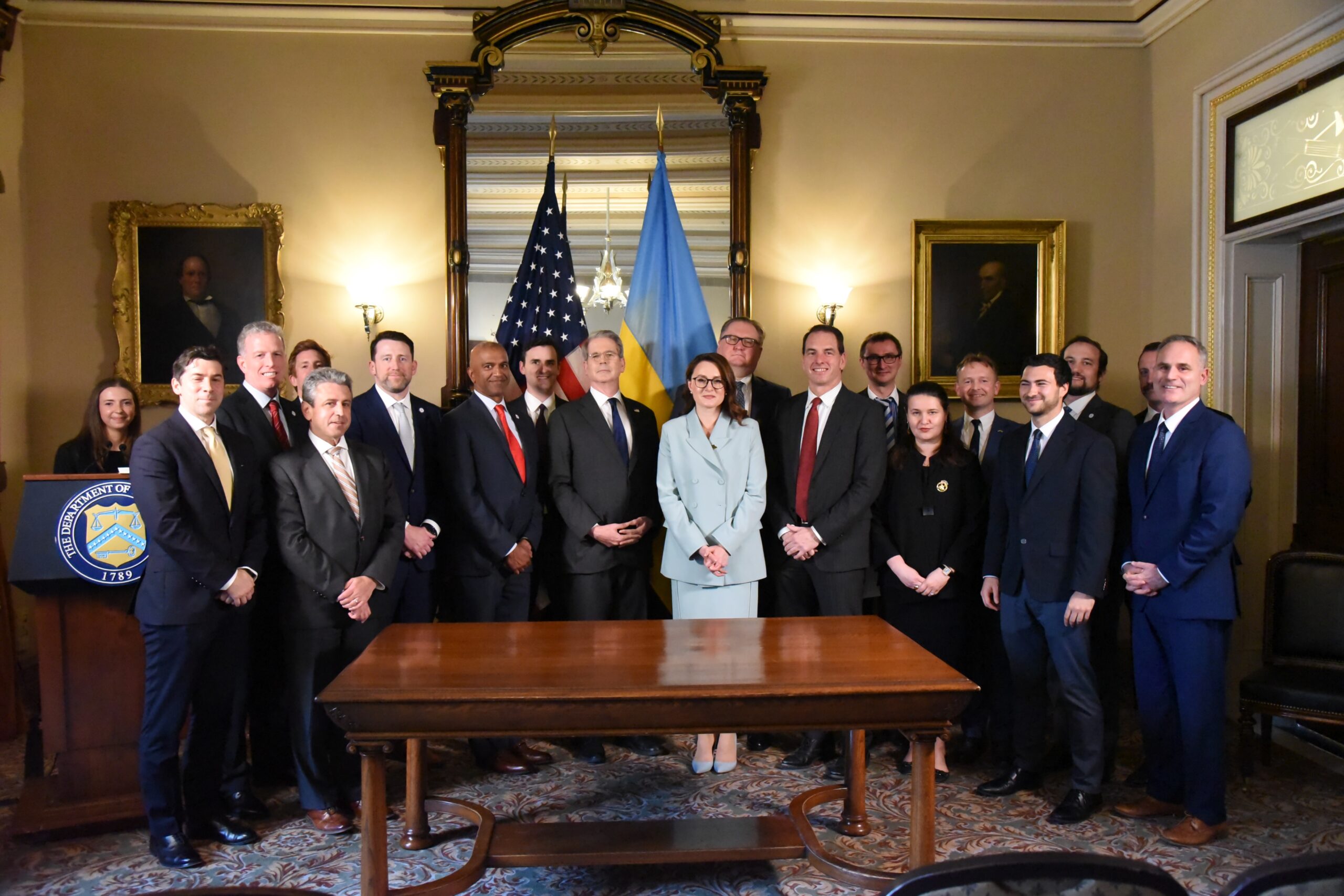Our Wednesday briefing on Trump’s first 100 days had barely cannon-balled into your inbox when the White House dropped a surprise: the Ukraine minerals deal was done.
The broad idea first emerged in President Zelensky’s victory plan last October. Dropping just a couple of weeks before Americans went to the polls, Zelensky’s strategy was:
- Keep your allies invested in Ukraine’s continued security, and
- Curb criticism that backing Ukraine’s self-defence is too costly.
As Trump cruised to victory, Zelensky was appealing to his positioning as a deal-maker, dangling trillions in Ukrainian energy and metal resources as a way for the US to get a better deal without pulling the rug from under Ukraine’s future.
Stay on top of your world from inside your inbox.
Subscribe for free today and receive way much more insights.
Trusted by 160,000+ subscribers
No spam. No noise. Unsubscribe any time.
But Trump quickly took the deal in a new direction, framing it as back-pay for US assistance already delivered rather than any kind of forward-looking partnership. And meanwhile, Zelensky held tight to his insistence on US security guarantees — without an iron-clad US commitment to Ukraine’s security, Putin would just re-arm and re-invade.
This rift then collapsed into the full meltdown we all witnessed in the Oval Office. But now, two months and a St Peter’s Basilica pow-wow later, the two sides have signed.
So, what’s in the deal?
- A 50/50 joint partnership
The US and Ukraine will have an equal stake and voting rights in a new Reconstruction Investment Fund (RIF), which aims to rebuild infrastructure once Putin’s war is over.
It’s up to the US what (if anything) it contributes to the fund — whether via financial or military assistance — though the deal flags an expectation that the US will contribute. Otherwise, it’s up to Kyiv to tip cash into the fund by diverting 50% of its revenues from any new extraction licenses (critical minerals, oil, and gas). Speaking of which…
- Full Ukrainian control over own resources
This means Kyiv still owns its own riches, and decides where and what to extract. Likewise, Ukraine’s state-owned miners still remain state-owned and state-run. But it wasn’t all just about minerals…
- Recognition of Ukraine’s EU ambition
Interestingly, the text makes clear this deal aims to avoid complicating Ukraine’s efforts to join the EU, and pledges to re-enter talks to fix any related issues if they arise.
But as always, it’s also worth looking at what’s missing from this document:
- No repayment for past US military assistance
In what might’ve been a maximalist initial negotiating position, Trump’s first draft had called for full US control of Ukraine’s future resource revenues, financing a $500B back-payment for US military assistance (now totalling ~$115B). Speaking of which…
- No transparency or corruption provisions
This is an interesting absence given Trump’s long-stated scepticism. Or… maybe it’s not that interesting if this deal is just a broad framework, or if the two sides have just agreed to rely on existing laws (which reflect years of US-Ukraine cooperation anyway). And…
- No new US security guarantees
This is really the big absence — sure, the text says this deal “strengthens the strategic partnership” between the two nations, and pursues “a peaceful, sovereign, and resilient Ukraine”, but it still holds firm on Trump’s red line: no new security guarantees.
Intrigue’s Take
So this deal doesn’t really commit the US to anything, and it doesn’t really commit Ukraine to anything either (its existing resource sector continues unchanged).
Then… what’s the point?
Sometimes you can see the point, not so much in the text, but in the reactions:
- Trump is declaring this a win, arguing it a) secures a return on US security investments, b) uses US projects to keep “bad actors” away, and c) is a result of his direct intervention (plus he’s now also approved his first arms sale to Ukraine)
- Zelenksy is likewise declaring this “truly historic”, emphasising it’s an equal partnership that respects Ukraine’s sovereignty and repairs Ukraine’s US ties
- As for Russia? There’s been no official word, though Russia suddenly ramped up its attacks, and Medvedev (a hawkish loyalist) has framed the deal as mere proof of US dominance over Ukraine — that framing reinforces domestic narratives that this ruinous war is somehow a necessary defence against Western encroachment.
So taking these reactions together? Even if this deal is light on the substance, it’s still an unwelcome step for Russia.





